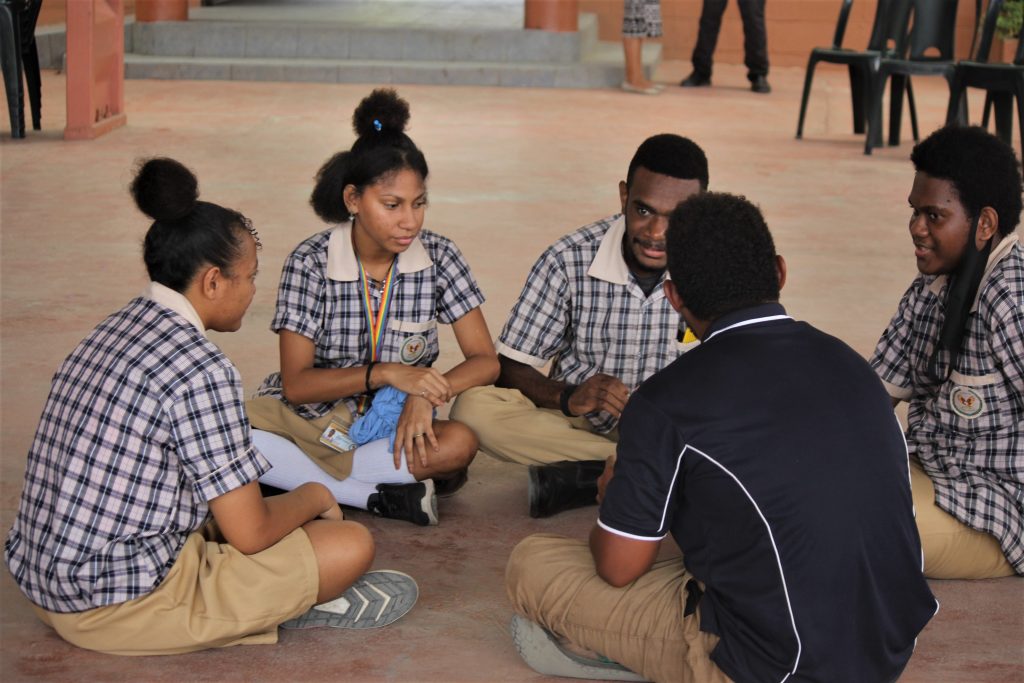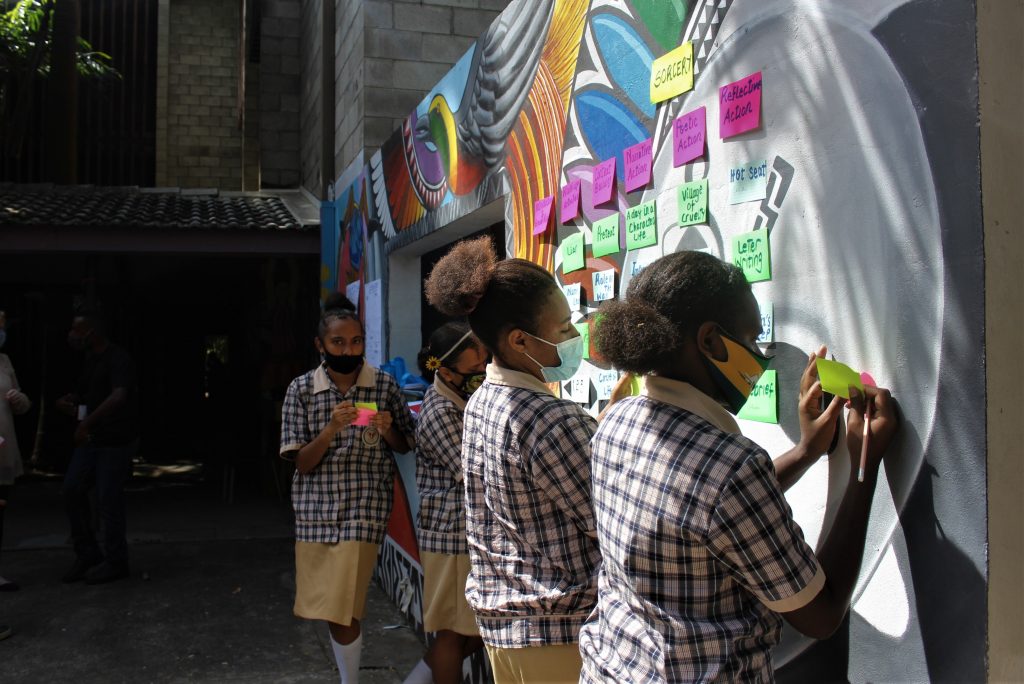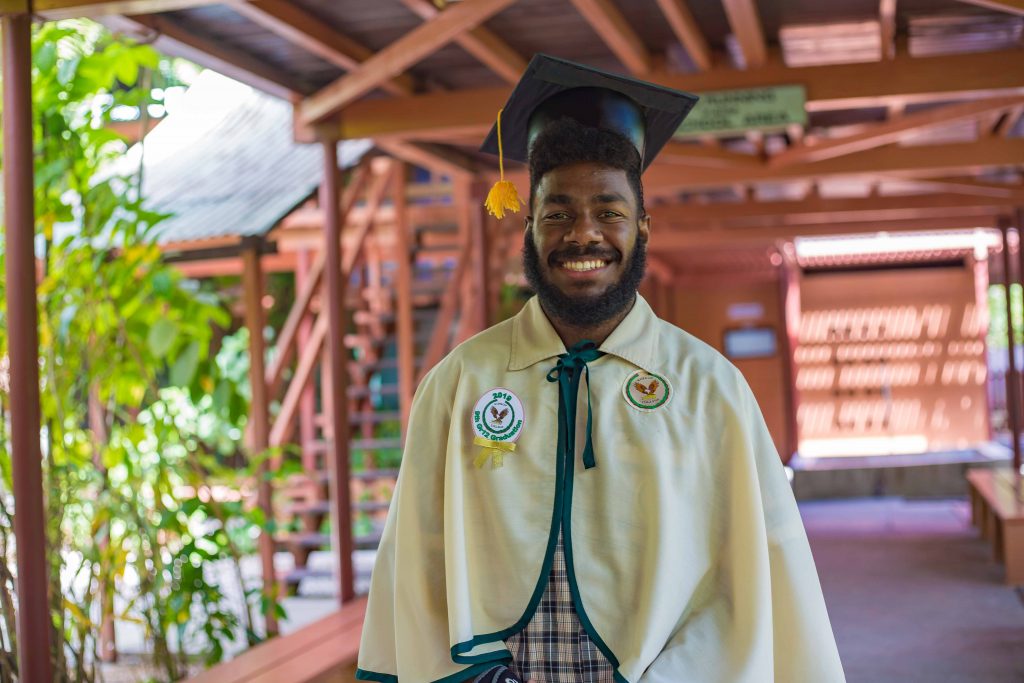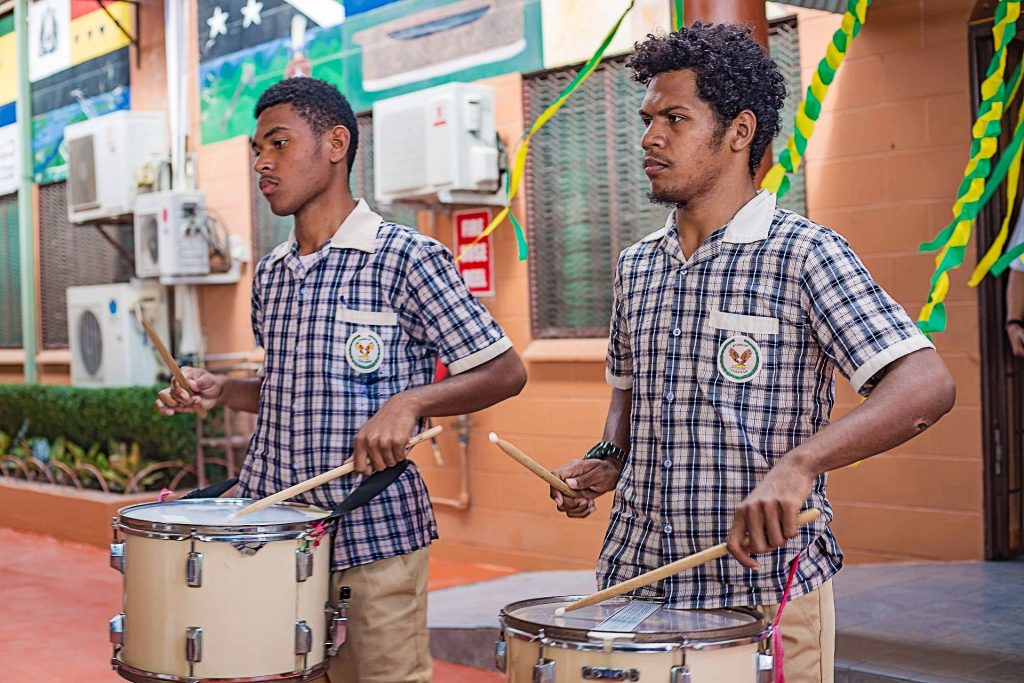Secondary School
secondary school curriculum
A LIFETIME OF SUCCESS
Background
A LIFETIME OF SUCCESS
The curriculum at Kopkop School nurtures the social, emotional, physical and cognitive development of every student. Classroom lessons and field trips are planned carefully in order to optimize learning in all areas and to ensure that students acquire the skills of inquiry, observation and experimentation. Teachers balance individual and group activities.
Teaching at Kopkop College is integrated: skills learnt in one subject area are reinforced through application in other areas. Classes take advantage of the school’s own rich environment. Role plays, simulations, debates, dramas and other multiple classrooms and beyond classroom activities make learning meaningful and real. The curriculum at Kopkop College is stimulating, demanding and appropriately challenging for students which foster towards the real-life situation of day to day happenings and compete in the global.
The curriculum gives priority to character education. Students get opportunities to discuss real-life ethical and social dilemmas. In classroom discussions they learn to negotiate solutions and make choices that are fair to all; then, they exercise their decisions. Our school curriculum, though based on government –prescribed curriculum, is exclusively our own where we have integrated co-curricular activities with the primary curriculum.
Background
Papua New Guinea has undergone reform-based education. The premise underpinning the reform is to provide a relevant, basic education for all young Papua New Guineans, while at the same time providing specialist further education and training for those able to make use of it.
Kopkop College school curriculum embraces the four pillars of education as stated in its school’s philosophy. The school curriculum aims to cultivate positive values and attitudes, foster creativity and stimulate an inquiring spirit as well as enriching the students’ intellectual, social, emotional and physical development.
Kopkop College recognize and celebrate those students whose interests, capabilities, values and opinions differ from each other and from our own. Under the curriculum reform, Kopkop College draws reference to the central curriculum framework and, in consideration of our own context embarked on our own journey of developing our school-based curriculum.
Our school-based curriculum is aligned with the Papua New Guinea National Curriculum and stresses the importance of a curriculum that is: Outcomes-based Open and flexible We also value each academic discipline for its unique understanding of the world. We will provide all students with a variety of experiences that will supplement their regular academic program and enhance life-long learning and socialization. Our programs will offer students a diverse education where their interest can determine their academic program within established guidelines and community support.
